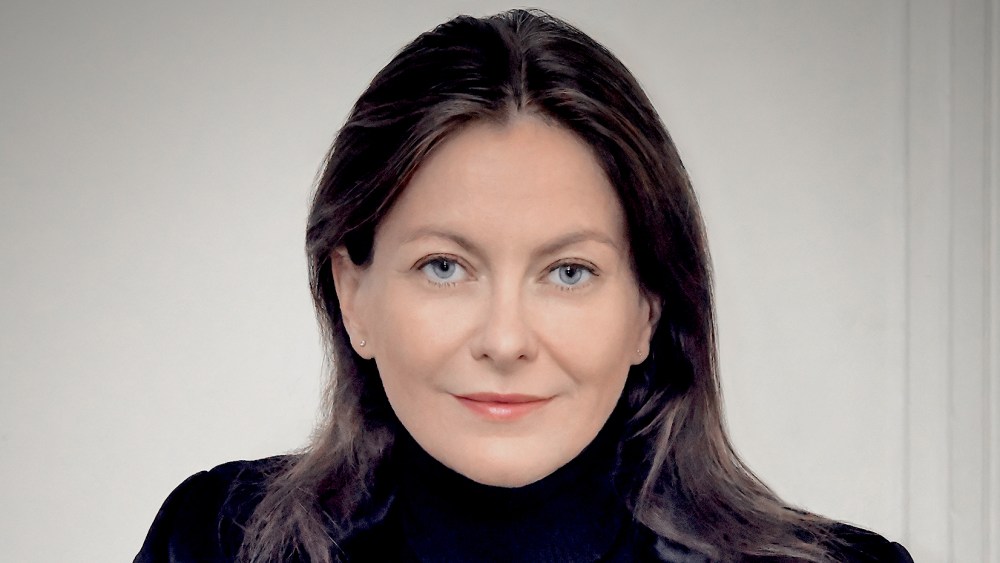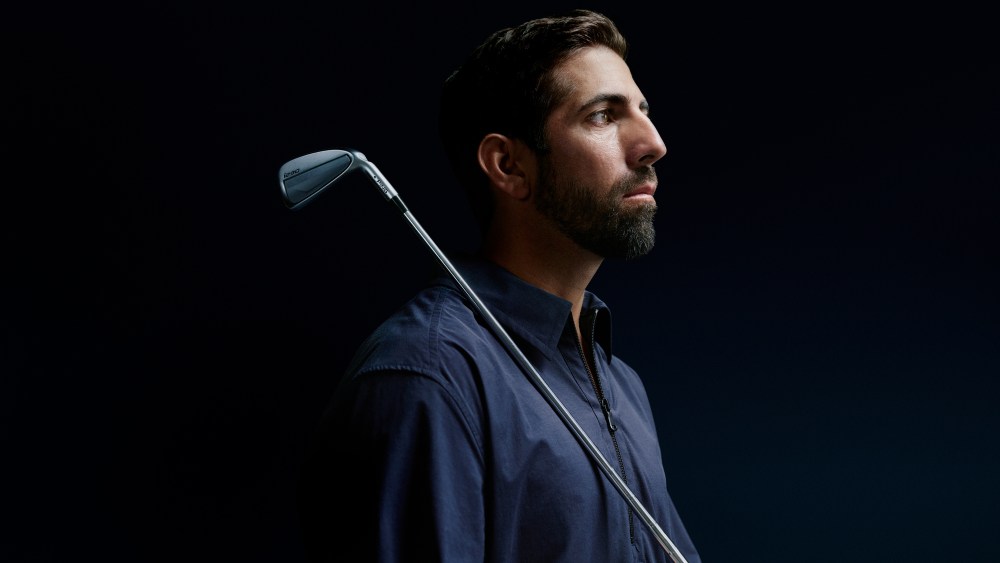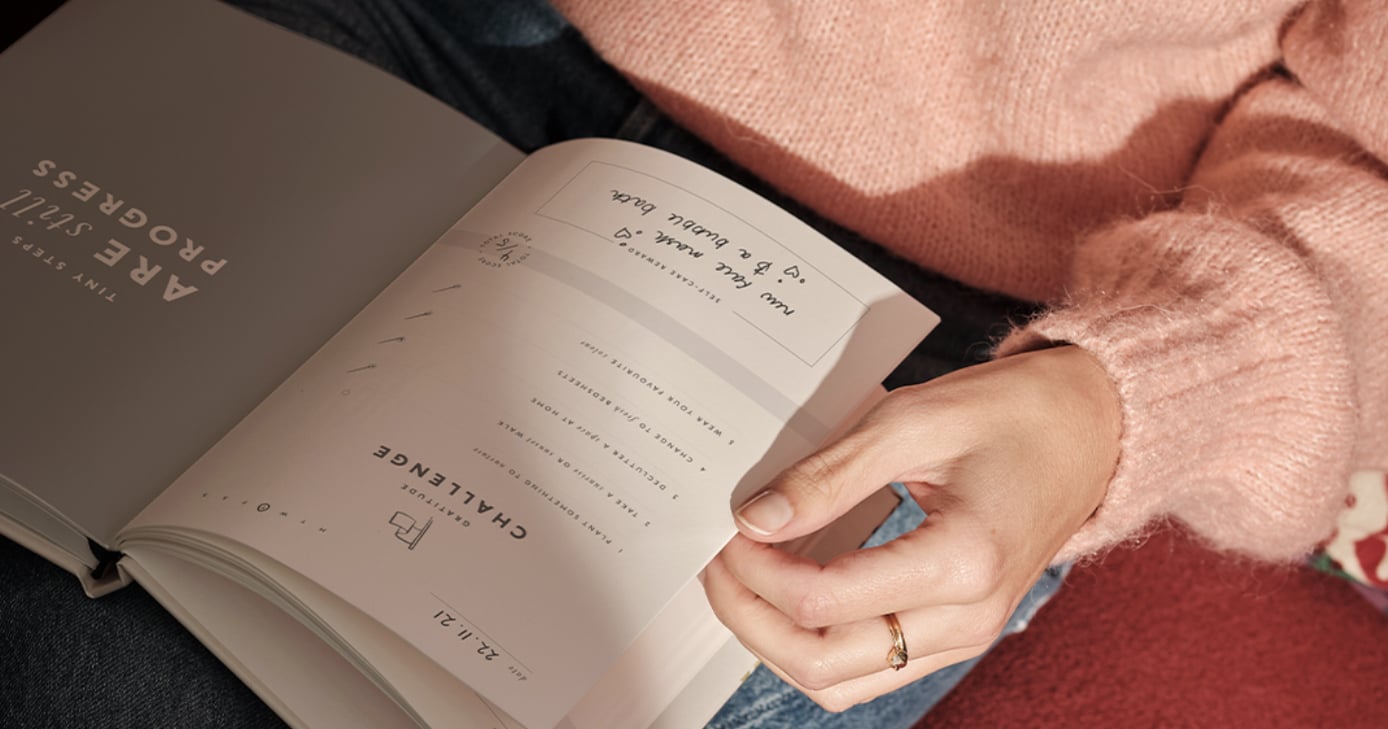PARIS — Chanel is sharpening its sustainability focus.
WWD has learned that the French fashion company has recruited LVMH Moët Hennessy Louis Vuitton executive Sophie Brocart for a new entity dedicated to circularity.
She is currently the chief executive officer of Patou and has led the revival of the dormant house under creative director Guillaume Henry since 2018.
Under her tenure, Patou has reestablished itself in the luxury segment, finding traction in Europe and Japan in particular. It opened a freestanding store in Tokyo’s Omotesando Hills shopping complex, 11 shops-in-shop in prominent department stores including in Paris’ Galeries Lafayette and is in more than 200 wholesale doors globally.
The brand returned to the runways, showing off-schedule from spring 2023, and garnered a cadre of celebrity wearers including Sabrina Carpenter, Ariana Grande, Katie Holmes and Zooey Deschanel.
You May Also Like
The company also put in place various sustainability-minded initiatives, including becoming the first luxury label to partner with traceability and environmental impact reporting company Fairly Made to shed light on its core collections.
Chanel confirmed her arrival in a statement exclusively shared with WWD, but did not specify the scope of her new role and when she would start.
Sources indicated that Brocart would join in early 2025 and would be tasked with building up the new entity.
Brocart’s successor at Patou and at other roles she occupies at LVMH could not immediately be learned.
A key behind-the-scenes talent scout in the French luxury group who has helped set up the LVMH Prize for Young Designers, Brocart is a member of its selection committee and serves as mentoring director, advising winners that have included Simon Porte Jacquemus, Marine Serre and Nensi Dojaka.
Prior to Patou, she was senior vice president of fashion ventures of the LVMH Fashion Group division, a position she held concurrently with the role of CEO of British footwear label Nicholas Kirkwood.
Participating in creative director searches for the fashion division, she was instrumental in LVMH’s investment in JW Anderson and subsequent hiring of Jonathan Anderson as creative director of Loewe.
A graduate of France’s prestigious École Polytechnique school, Brocart has spent most of her career in the French luxury group.
She began her career in LVMH’s human resources department in 1995 before joining Louis Vuitton as group merchandising manager for leather goods.
After moving to Celine in 2000, she spent a decade there during the tenures of Michael Kors and Phoebe Philo, first as leather goods and accessories director, then as head of retail and wholesale operations for France, Switzerland and the Benelux region.
Brocart left the group in 2010 to become managing director of Editions de Parfums Frédéric Malle before founding her own consulting firm dedicated to emerging fashion brands.
LVMH brought her on as senior vice president of fashion ventures in April 2013, working alongside Pierre-Yves Roussel and Delphine Arnault.
Meanwhile, Chanel has been quietly advancing its sustainability efforts since setting out ambitious goals in 2020 under the moniker Chanel Mission 1.5.
It named Kate Wylie, a Mars Inc. executive and public policy figure, as global chief sustainability officer in 2021.
While Chanel made limited progress in its sustainability agenda according to its 2023 results, with a 3 percent decrease in scope 1 and 2 emissions last year, CEO Leena Nair said she was “proud” that the company recently became “one of the very first in the industry” to set a target to become carbon neutral by 2040.
“We are conscious we have a long way to go, but this progress gives us confidence for the future,” she said.
The company is also behind the “Atelier des Matières,” a social and environmental responsibility initiative that gives new life to unused materials and unsold finished merchandise, which is deconstructed to be reused in new items.
In September, it unveiled a three-year extension to its sustainability partnership with the University of Cambridge’s Institute for Sustainability Leadership, initiated in 2021.
Aiming to “advance practical sustainability solutions to specific business and societal challenges, including how to reduce and avoid carbon emissions and address biodiversity loss,” the program draws on the expertise across the university, including its Institute of Manufacturing and climate-change initiative.
The partnership focuses on three main streams, including building an education and sustainability leadership program, and a series of innovation “sprints,” each lasting up to 18 months. Each sprint will frame key questions and bring together insights and expertise from across the university.
In a deal announced in December 2023, Chanel and LVMH agreed to work together on harmonizing supplier auditing standards and timing, ensuring that suppliers do not have to repeat their work for multiple luxury houses. The two companies also agreed to support suppliers in their transition efforts and to streamline their transparency systems.


